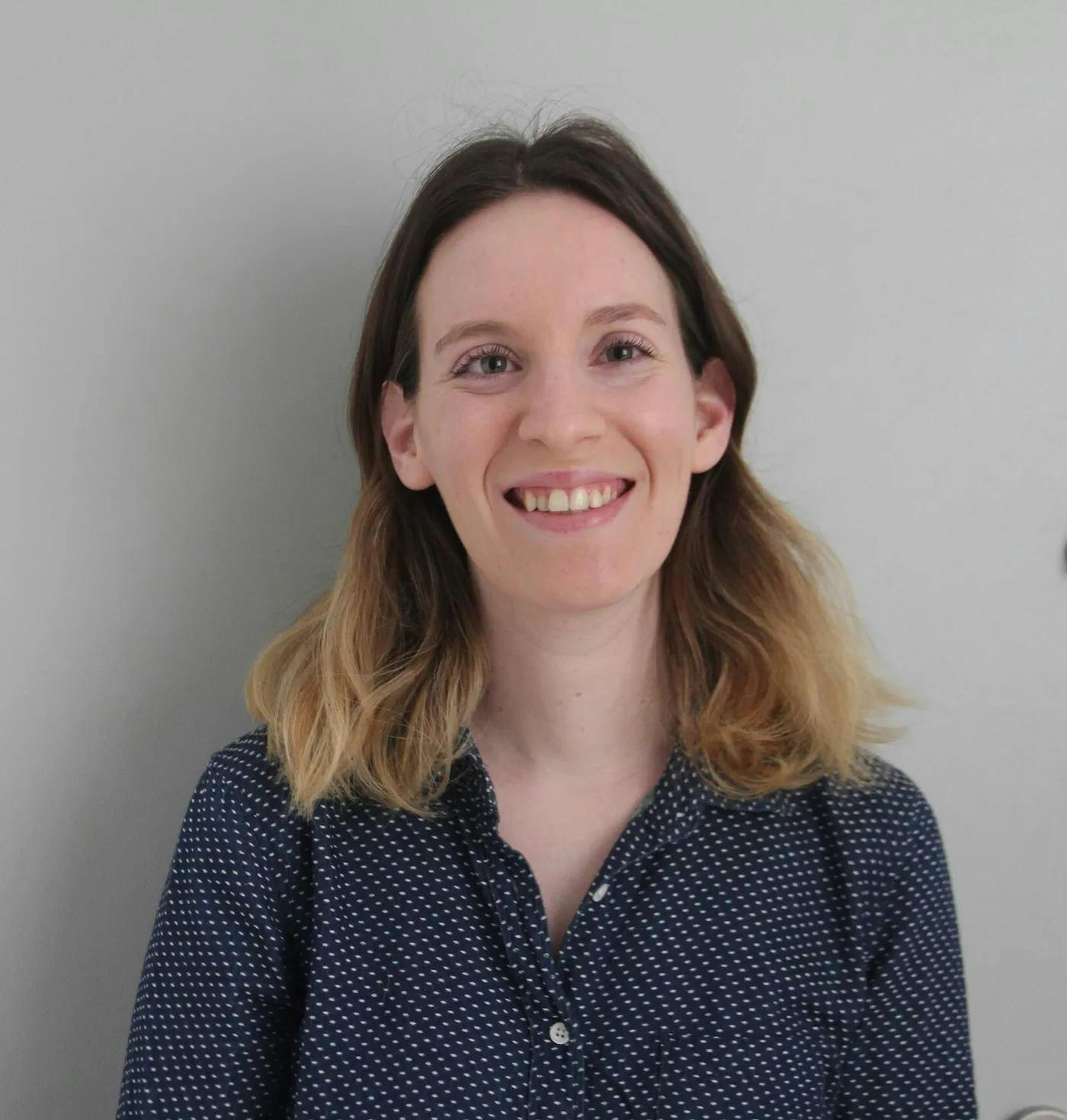For decades, ADHD was widely believed to affect only kids, most of whom would eventually ‘grow out of it’.
Today, it is known that ADHD affects adults in a big way – around 8 million American adults (5% of the population) have ADHD. It is also understood that 60% of kids diagnosed with ADHD won’t just grow out of it. That’s why adult help for ADHD is so important.
How to deal with Adult ADHD (or ADD)
ADHD (Attention Deficit/Hyperactivity Disorder) and ADD (Attention Deficit Disorder) are not uncommon among adults, but they are often underdiagnosed. Many adults suffer the symptoms, such as difficulty concentrating, impulsivity, poor executive function, and other mental health issues, without understanding what is really going on or why.
When the ADHD diagnosis is finally made, it comes with a sense of relief. They then may try ADHD medications, cognitive behavioral therapy, or other ADHD treatment options that are helpful in managing ADHD symptoms.
At the same time, individuals should take proactive steps to incorporate self–help strategies into their daily routines. Especially for those looking for how to deal with ADHD without medication, these adult ADHD strategies can make a huge difference in their ability to cope and thrive in all aspects of life, from organization at home and work, to relationships and stress management.
Let’s take a look at some effective tips and help for adults with ADHD:
Tips for getting organized and controlling clutter
“Adulting” is all about staying neat and organized. Whether it’s keeping the kitchen tidy or keeping up to date with bills, the day-to-day tasks of home management demand a methodical approach.
This is particularly challenging for people with ADHD, who often have a hard time throwing away unnecessary clutter and maintaining order with their time and belongings. Here are three tips for getting organized and controlling clutter:
Put away or throw away, straight away: The lack of focus that is typical of ADHD means that tasks are often left unfinished, and ‘things’ pile up everywhere. For example, unpaid bills may sit on your desk for weeks, getting mixed up with old papers and promotional flyers, making it harder to find them and pay the bills on time.
A good technique to combat clutter piling up is by instituting a rule to put away important items and throw away unnecessary items as soon as you are done with them. Finished reading the magazine? Throw it straight into the recycling bin. Paid the bill? Put it straight in the file. Let this become your mantra, and the clutter will decrease and make it easier to stay organized.
Get organized visually
Many people with ADHD find it easier to get organized and manage clutter if there are visual cues involved. For example, buy several clear storage containers and labels in a variety of colors. Assign a color for specific items or categories, and label the container.
When everything has a designated place and is clearly marked, it becomes easier to remember where items belong and to maintain an organized space. Other visual-based organization tools include to-do lists, using sticky notes for reminders, or task management apps to help you remember and prioritize tasks and deadlines.
Break tasks into smaller steps
Large organizing or decluttering projects can be daunting and lead to procrastination. Make these projects more manageable by breaking them down into smaller steps. For example, instead of tackling an entire room, start with one shelf, one drawer, or one corner. Focus on completing one small task at a time.
This will make the process feel less overwhelming and more rewarding, providing an incentive to see it through to the end.
Tips for staying focused and productive at work
Difficulty with concentration and an inability to multitask make it hard for adults with ADHD to shine in the workplace. The hyperfocus that often happens with ADHD means that you become overly-fixated on one project, while other responsibilities fall by the wayside.
These challenges can make going to work much more stressful than it should be, reducing motivation and job satisfaction. ADHD may even lead to “job-hopping”, but jumping from job to job won’t solve the problem. Rather, here are some tips for how adults with ADHD can maintain focus and productivity at work:
Work in chunks
Large or long-term projects can be very overwhelming for people with ADHD. Try not to look at it as a whole but break it down into chunks that feel more manageable and realistic for you.
You can separate the project out into blocks of time. For example, break the project down into work sessions of half an hour, followed by a 5-minute break to rest and recover.
If you prefer, break the project down by the tasks required, rather than time. Set a goal to complete a task and then take a short break, before moving on to the next task. Sketch out the plan visually so you can refer back to it and see your progress.
Keep distractions to a minimum
People with ADHD are very easily distracted. Staying focused can be difficult in an open workspace when people are chatting and phones are ringing. Try to pinpoint the things that are distracting in your work environment and take steps to minimize them. For example, noise-canceling headphones are a lifesaver for people with ADHD in a busy office.
You can also turn off social media notifications, put your phone on silent, and close tabs on your laptop as soon as you are done with them. If you can, book meeting rooms for yourself to have quiet periods of working alone when you need to.
Communicate with your team
Whether you choose to share that you have ADHD with your supervisor or colleagues is your choice. If you feel comfortable doing so, this can bring a lot of relief.
Letting them know about your personal challenges creates a more open and honest relationship, and provides important context that can help them understand your personal challenges. They may be able to offer support, such as providing clear instructions, regular check-ins, or accommodations that can help you succeed in your role.
Adult ADHD and Relationships
For people with ADHD, relationships can sometimes feel like the most difficult and painful challenge of all. ADHD tends to cause behaviors that are not conducive to healthy relationships, such as impulsivity, inability to focus or pay attention, and forgetfulness.
Partners, friends or loved ones may feel ignored or neglected, even though this was not the intention of the ADHD sufferer. Here are some steps you can take to reduce the impact of ADHD on interpersonal relations and improve your connection with others:
Remember, communication is key
Open and honest communication is the foundation of any healthy relationship, but for people with ADHD who are impulsive and easily distracted, this can be hard to do. Be proactive in discussing your ADHD with your partner, family members, or close friends, so they can understand how it affects you and your interactions.
These discussions may help them take your behaviors less personally. Use active listening techniques so you can be more present in the conversation. Repeat back what you've heard to confirm that you understood correctly and show that you value their opinion. These techniques take effort, but the impact on your relationships will be enormously positive.
Focus on time management
People with ADHD often struggle with time management and organization, and this can be a source of frustration for loved ones. Always running late, procrastinating about things you promised to do, or forgetting important occasions, like birthdays and anniversaries, create unnecessary resentment that builds up over time and wears down relationships.
Use a calendar to help you plan your schedule and stick to it, and set notifications and reminders to help you stay on top of commitments and appointments. Work with your partner or family members to prioritize tasks and responsibilities together. This not only strengthens the connection between you; it can help reduce misunderstandings and conflicts about who should do what.
Seek out support
Even the best relationships can use a little professional help now and again. Consider couples or family counseling with a therapist who specializes in ADHD. They will be familiar with strategies and tools for improving communication and resolving conflicts.
You can also join ADHD support groups or online communities for couples coping with ADHD. These spaces can offer valuable insights and a sense of belonging with others who share similar experiences.
Tips for managing stress
ADHD can be a big cause of stress. Work, family, friendships, household management – every aspect of life is impacted by ADHD. For this reason, adults with ADHD may be more prone to stress and anxiety. Learning how to cope better with stress is absolutely essential for ADHD sufferers.
By coping better with stress and reducing it as much as possible, the ramifications of ADHD can also be minimized. Let’s take a look at a few ways that people with ADHD can manage stress:
Practice mindfulness meditation
The ADHD mind is often racing, jumping from thought to thought without really solving a problem or completing a task. Mindfulness is the ideal antidote to a restless mind.
Mindfulness meditation is an ancient Eastern practice that trains the individual to be present in the moment and at ease with their thoughts and feelings. During mindfulness meditation, the individual focuses their mind on the breath, following each inhale and exhale closely. Whenever the mind begins to wander, they bring it back to focus on the breath.
This can be very challenging to do, particularly for those with ADHD. However, with daily practice, it becomes easier to stay focused and is a key tool to calming the mind and reducing stress.
Biofeedback
Anxiety often accompanies ADHD, causing a range of uncomfortable symptoms, such as increased heart rate and muscle tension. Biofeedback is an excellent technique for reducing those symptoms.
Biofeedback is a mind-body technique that shows the body’s physiological responses in real time via a device that tracks measurements like breathing rate, heart rate, and temperature. During a biofeedback session, the individual practices meditation, deep breathing or other relaxation exercises to learn how to calm the stress response and become more centered.
For people with ADHD, the Reflect Orb is an easy-to-use biofeedback device for self-treatment of anxiety at home. There are no sensors or wires to worry about; simply place your hands on the Orb, and the device tracks your physical responses through the skin.
Neurofeedback is a specialized biofeedback technique that tracks brain wave activity and is shown by research to be an effective treatment for ADHD. People with ADHD demonstrate more slow brain waves and fewer fast brain waves than people without ADHD.
Neurofeedback can help teach individuals to adjust their brain waves and ease the symptoms of ADHD. Neurofeedback is typically performed in a clinic with a therapist who specializes in this form of biofeedback.
Exercise regularly
Exercise is a great stress reliever, and the same applies to people with ADHD. Physical activity releases endorphins, which naturally puts you in a more relaxed mood. Exercise also boosts blood circulation, helping to keep the body oxygenated and reducing muscle tension and pain.
For ADHD sufferers, the biggest challenge of exercising is sticking to a regular schedule. Start by finding a sport or activity that you enjoy, such as dance, jogging, tennis or yoga. If you enjoy the exercise, it will make it easier to commit. Set aside specific times in your weekly routine for exercise, and give yourself a reward after each session. This will motivate you to keep going.
Self-help is your key to a calmer ADHD life
As awareness builds around adult ADHD, more ADHD help for adults becomes available, and that is great news. Adults who have ADHD or ADD can seek professional support from physicians and therapists.
At the same time, they can empower their own ADHD treatment with self-help strategies for improving focus and organization, boosting productivity at work, building healthier relationships, and reducing stress. These are all part of an effective approach to a more centered and satisfying ADHD life.






